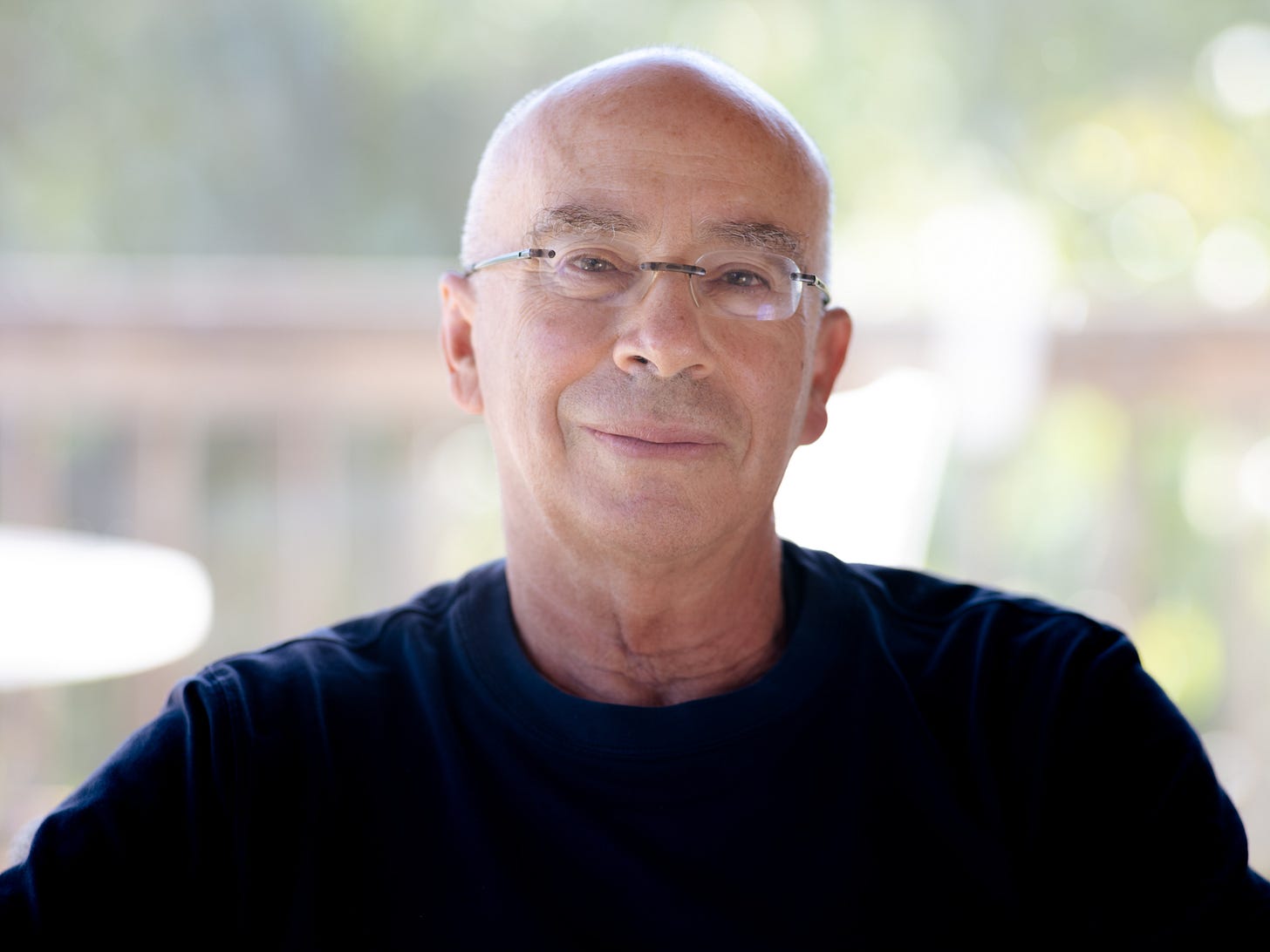Fixed Mindset, Flexible Mindset, No Mindset
Happiness is easy. Just avoid picking and choosing. - Zen koan
Insights Into Practices — Fixed Mindset, Flexible Mindset, No Mindset
What I’m Watching - The Four Seasons
What I’m Reading - Nexus
Half Day Meditation retreat
Podcast
Stanford psychologist Carol Dwek’s bestselling book Mindset: The New Psychology of Success highlights the importance of the lens, or mindset in which we view our challenges, our relationships, and the world. Dwek’s book underscores the importance of having a flexible or growth mindset in relationship to our problems and setbacks and to see these as learning opportunities. A fixed mindset sees our efforts as fruitless and often defines oneself by setbacks and failures. In Buddhism how we understand our mindset might be called the practice of Right View or Right Thinking.
Zen teacher Thich Nhat Hanh describes the practices of Right View and Right Thinking as essential toward cultivating wellbeing and effective communication skills. Going further than a flexible mindset, he asserts that all views are wrong view; that any time we set one idea or view against another, or whenever we are sure about our perspective, we are involved in deceptive thinking.
“Relatively speaking there are right views and wrong views.
If we look more deeply, all views are wrong views.
No view can ever be the truth.
It is just one point of view. That is why it is called point of view.
From the perspective of ultimate reality, right view is the absence of views.”
This is a rather radical and powerful concept - the practice, or aspiration to let go of all views. It is similar to a famous Zen koan that asserts - “Happiness is easy. Just avoid picking and choosing.”
So much of the work I do in organizations is helping leaders be more aware of their views and other’s views to move from fixed mindsets to more flexible mindsets and at times toward a deeper understanding of right view and right thinking -- no mindset. (Of course, this is much easier supporting others than seeing through my own views…)
Thich Nhat Hanh suggests four practices to support cultivating a healthier and more effective way of being in the world; what I’m calling “no mindset.”
1) Am I sure? - Asking this question as a practice, especially when there is some conflict involved. Are you sure you are right and that the other person is wrong? Might you have 1% (or more) responsibility for the conflict?
2) What am I doing? - Another excellent question that could be explored from a variety of perspectives.
3) Hello Habit Energy - This is the practice of noticing your patterns and ways of thinking that tend to protect yourself or narrow your possibilities.
4) The Mind of Love - Allowing an open mind and heart to arise can be a practice as a lens to see yourself and the world.
(Tassajara, Zen Mountain Center)
What I’m Reading
Nexus: A Brief History of Information Networks From the Stone Age to AI, by Yuval Noah Harari. Fascinating read about how information controls and unites people, and warns of the risks posed by misinformation and algorithmic manipulation in an increasingly digital age.
What I’m Watching
The Four Seasons, with Tina Fey and Steve Carell - It took me a few episodes to warm up to this 6-part series, created by Tina Fey, but I did get hooked on the characters as they contend with cultivating healthy relationships in a changing world.
Half Day Meditation Retreat, In-person and Online
In Mill Valley, 9:00 a.m. - 12:30 p.m.
In our world of busyness, of more/faster/better, this half-day retreat offers time to stop, reflect, and renew. We will explore the practices of effort and effortless as a path to well-being and “stepping into your life.” Together we’ll follow a gentle schedule of sitting and walking meditation, a talk, and some discussion. Anyone looking to begin or deepen a meditation and mindfulness practice is invited to attend.
A new episode: The Practice of Effort and Effortlessness -Lessons from the Law of Reversed Effort
We explore the concept known as the "Law of Reversed Effort," highlighted by writer Aldous Huxley and others. This principle suggests that by striving excessively to achieve a goal, we may paradoxically hinder our own journey. Instead, mindful practice encourages us to redirect our focus from achievement to non-achievement, freeing us from self-imposed pressure and allowing our efforts to flow naturally.
Also,ave a listen to my recent conversation with David Whyte and many others.
Warmest regards,
Marc





